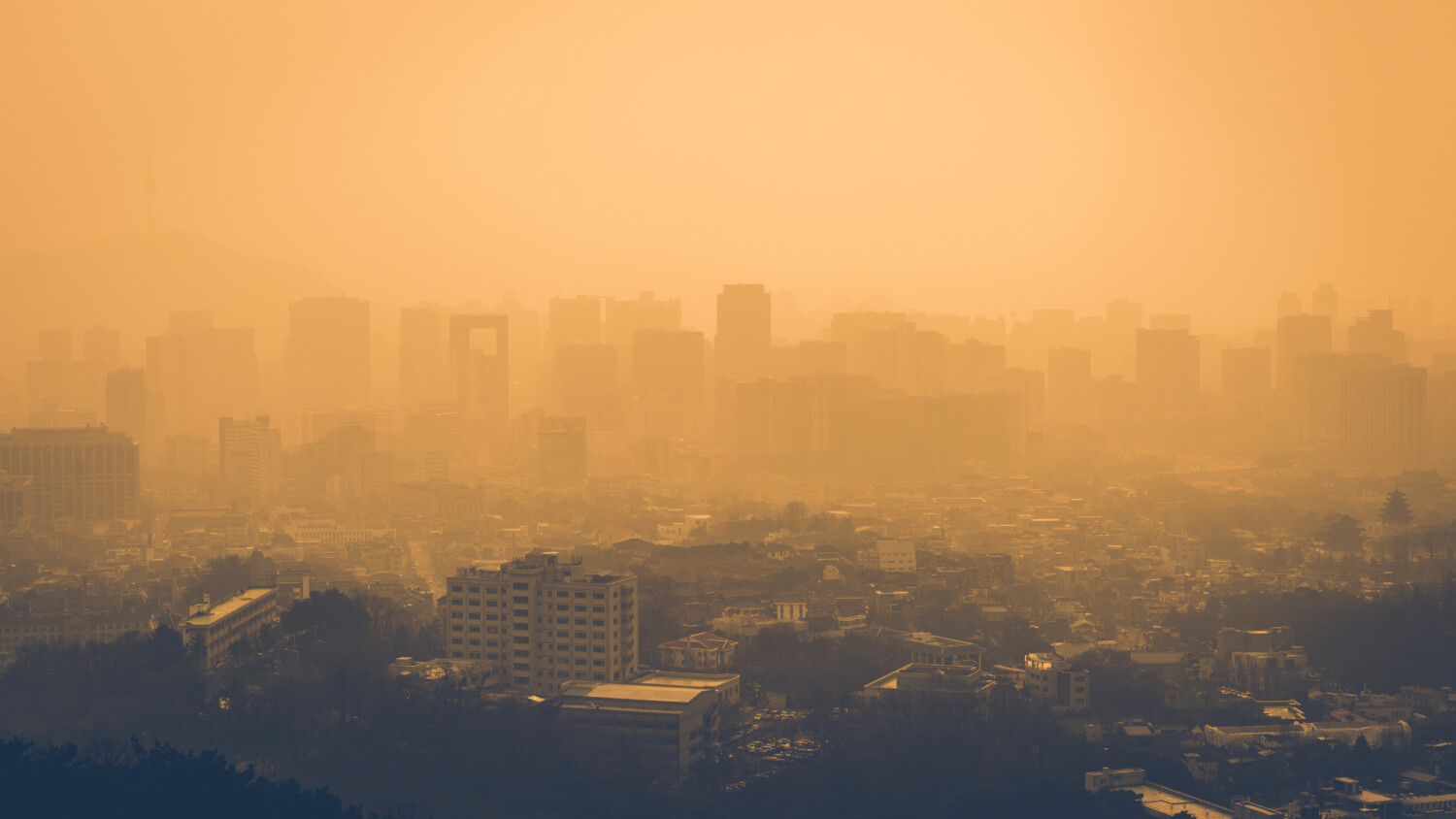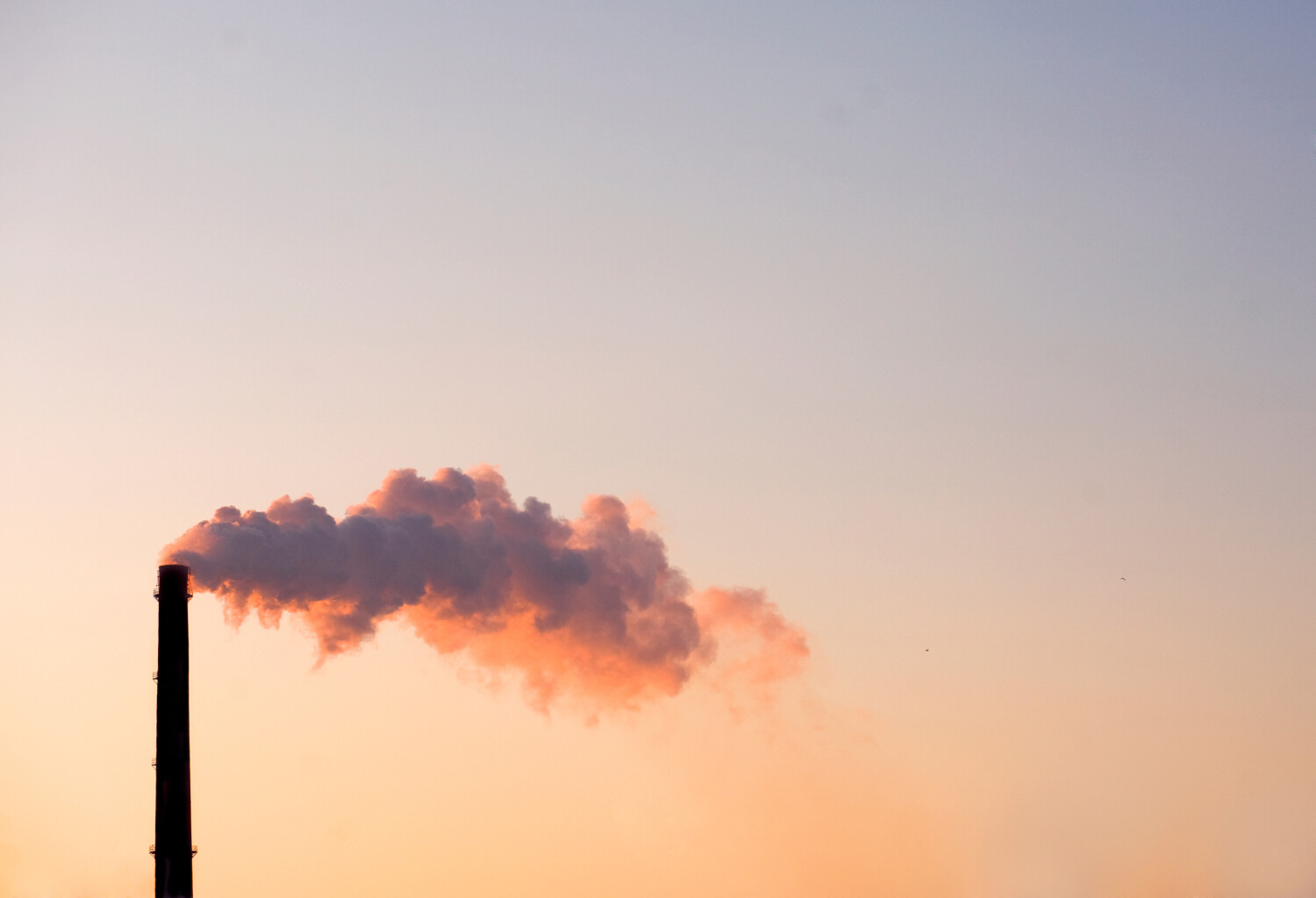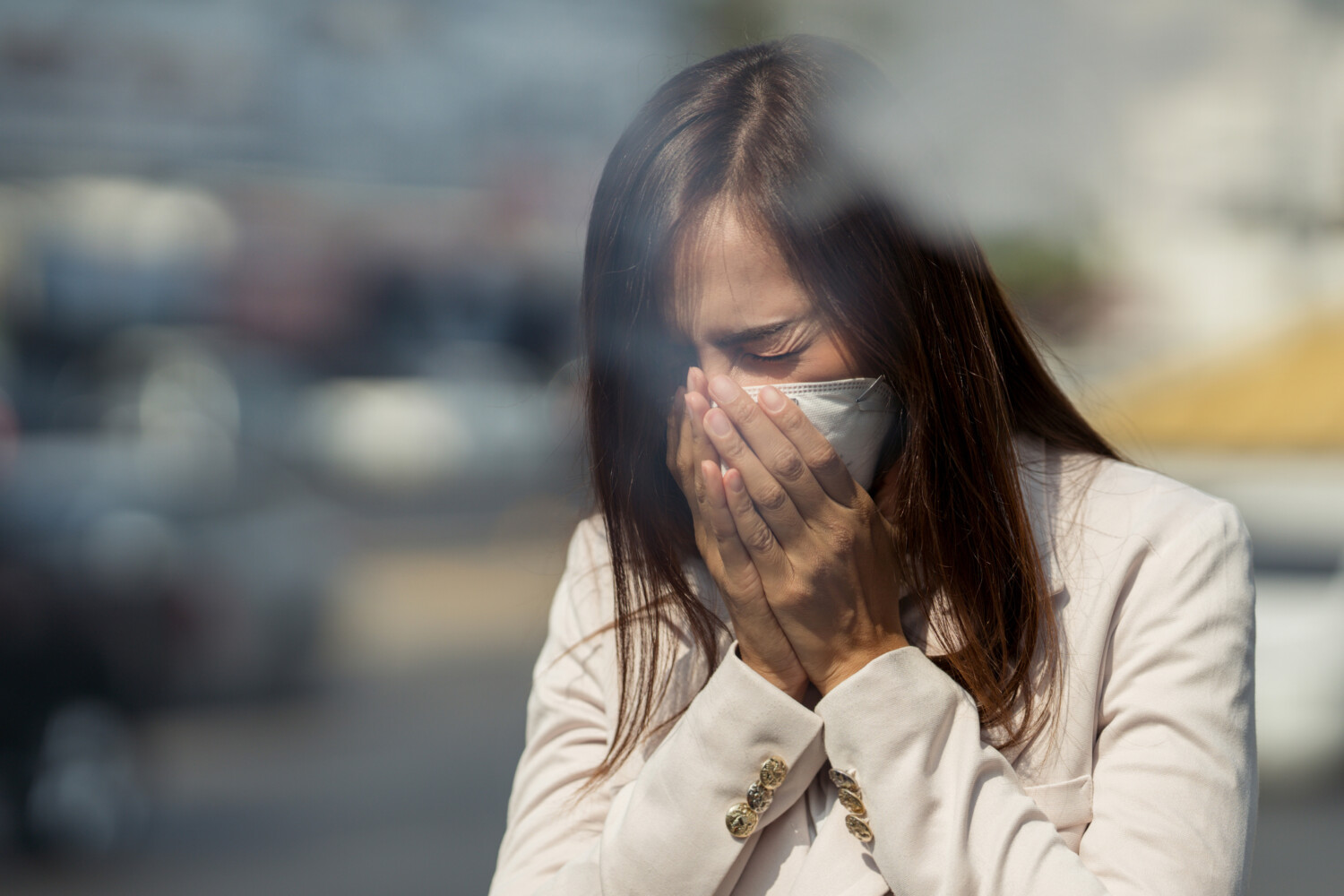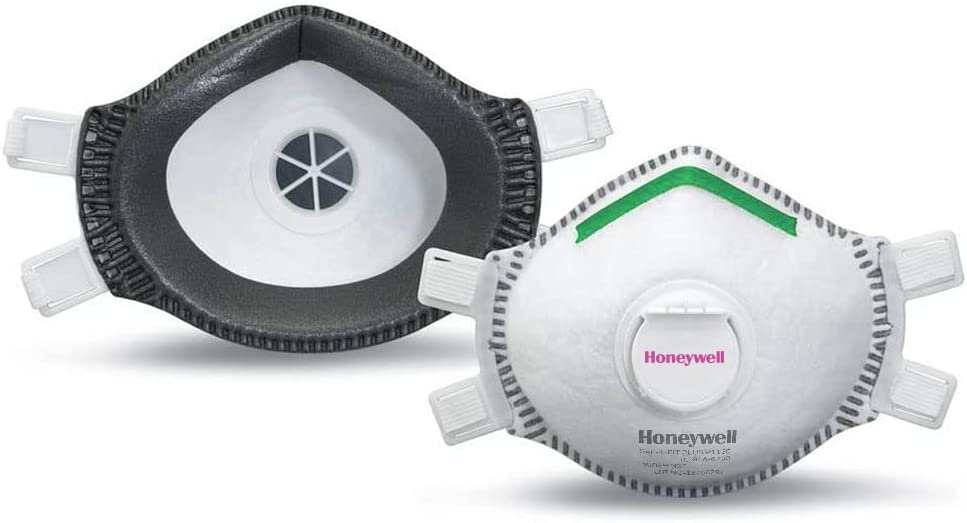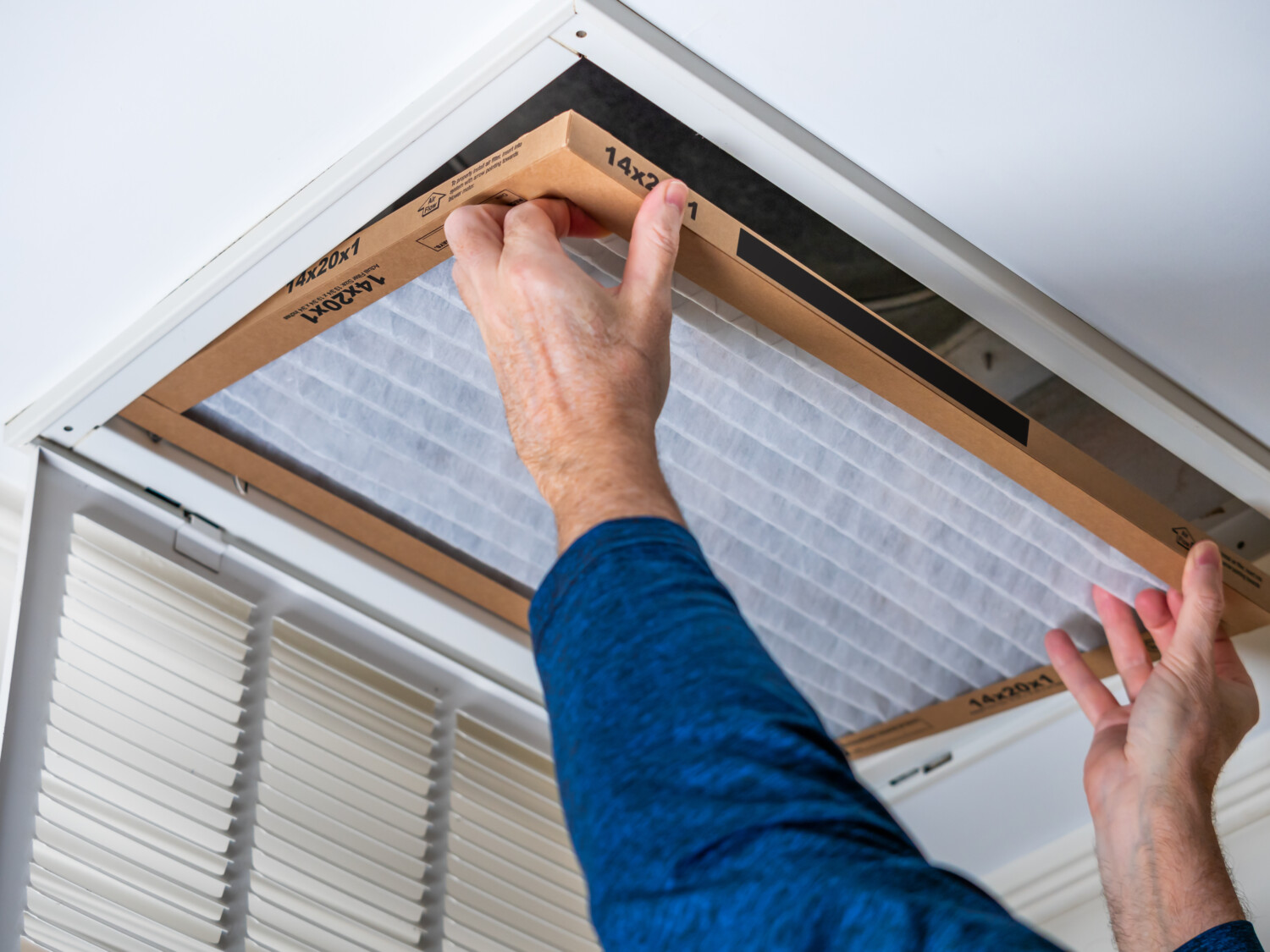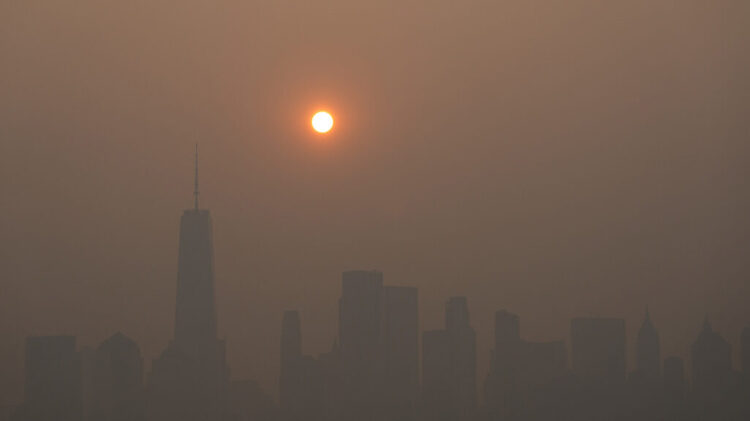What to know about air quality and how it can affect your health

As recent wildfires in Canada have drastically affected air quality across the northeastern U.S., many people have been left scrambling to find ways to protect themselves against potential harm. While air quality in New York City has begun to improve since the wildfires started raging in early June, the fires in Canada are still burning.
With the public’s attention fixed on air quality, now is a great time to learn how it can affect your health and the health of your loved ones. It’s important to note that wildfires are just one of many elements that can lead to poor air quality, and air quality is something that should be evaluated on an ongoing basis.
Here’s what you need to know about air quality, and what you can do to protect yourself from harm in future circumstances.
What Factors Define Air Quality?
According to the University Corporation for Atmospheric Research, air quality is measured by a system called the Air Quality Index (AQI), which monitors the amount of pollution in the air in a given location. It measures air quality on a scale from zero to 500 — with zero representing excellent air quality and 500 representing hazardous conditions.
There are five major air pollutants the AQI has established: ground-level ozone, particle pollution, carbon monoxide, sulfur dioxide and nitrogen dioxide. The type of air pollution caused by wildfires is particle pollution. This type of pollution also includes dust and aerosols that can come from cars, factories and power plants, among other sources.
Weather can also contribute to air quality — for better or for worse. The amount of sun an area receives, rain, wind and temperature can all impact air quality. For example, while the sun can create chemical reactions in some pollutants and lead to smog, rain can actually wash away particulate matter and other pollutants. Geography can also impact air pollution, and mountain ranges and coastlines are known to cause it to concentrate in certain areas.
How Poor Air Quality Affects the Body
Low air quality can tax the body in a number of ways. When it comes to smoke from particle pollution (which includes smoke from wildfires) the negative effects include eye irritation, coughing, wheezing and overall difficulty breathing. In some cases, exposure to particle pollution can lead to reduced lung function and may even lead to heart attacks, strokes and early death.
Dr. Stephanie Widmer, a member of ABC News’ Medical Unit, spoke to ABC News and said that certain populations may face more negative health consequences.
“People who are most at risk are [the] elderly, immunocompromised, young children and people who already have respiratory problems, people with asthma and things like that,” she explained to the network.
Furthermore, if you are pregnant, particle air pollution can exacerbate any shortness of breath you may already be feeling, Widmer warns. Inhaling particulate matter can weaken the immune system, especially if particles enter the lungs or the bloodstream.
How to Protect Yourself From Poor Outdoor Air Quality
While all of this may sound scary, there are things you can do to protect yourself against poor air quality. For starters, experts recommend staying inside as much as you can and avoiding exercising outdoors while air quality is low. If you must venture outside, wear an N95 or P100 mask.
This P100 mask is on sale at Amazon for $14.82 and is 99.97% effective at filtering out particles.
You can also stay on top of air quality alerts by following the National Weather Service, which offers air quality updates two times a day.
Improving Air Quality in Your Home
Although the circumstances surrounding indoor air quality are different, poor indoor air quality can still impact your health in adverse ways.
Poor indoor air quality is typically the result of allergens, which may include pet dander, dust mites and mold. Heating and cooling systems in the home can also contribute to poor air quality and should be regularly checked and cleaned.
To keep the air in your home fresh, vacuum regularly, keep bedding and curtains clean and eliminate dust-attracting clutter.
Air purifiers are another excellent way to cut down on allergens in the home. This one from Amazon has 78,560 reviews and is the No. 1 bestseller in its category. It has a HEPA filter and can clear the air in up to 1,095 square feet of space. One of Simplemost’s editors also swears by this air purifier; she ended up buying three of these for her home during a bad wildfire season and still runs them regularly on a lower setting for allergens. The night mode lets you run it quietly while you sleep, and there’s an option to turn off the light on top to keep your bedroom dark.
When the air quality in your area returns to safe levels, be sure to open your windows to ventilate your home and let fresh air in.


